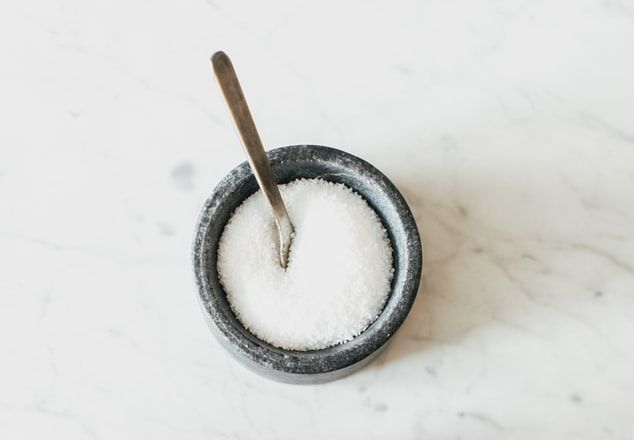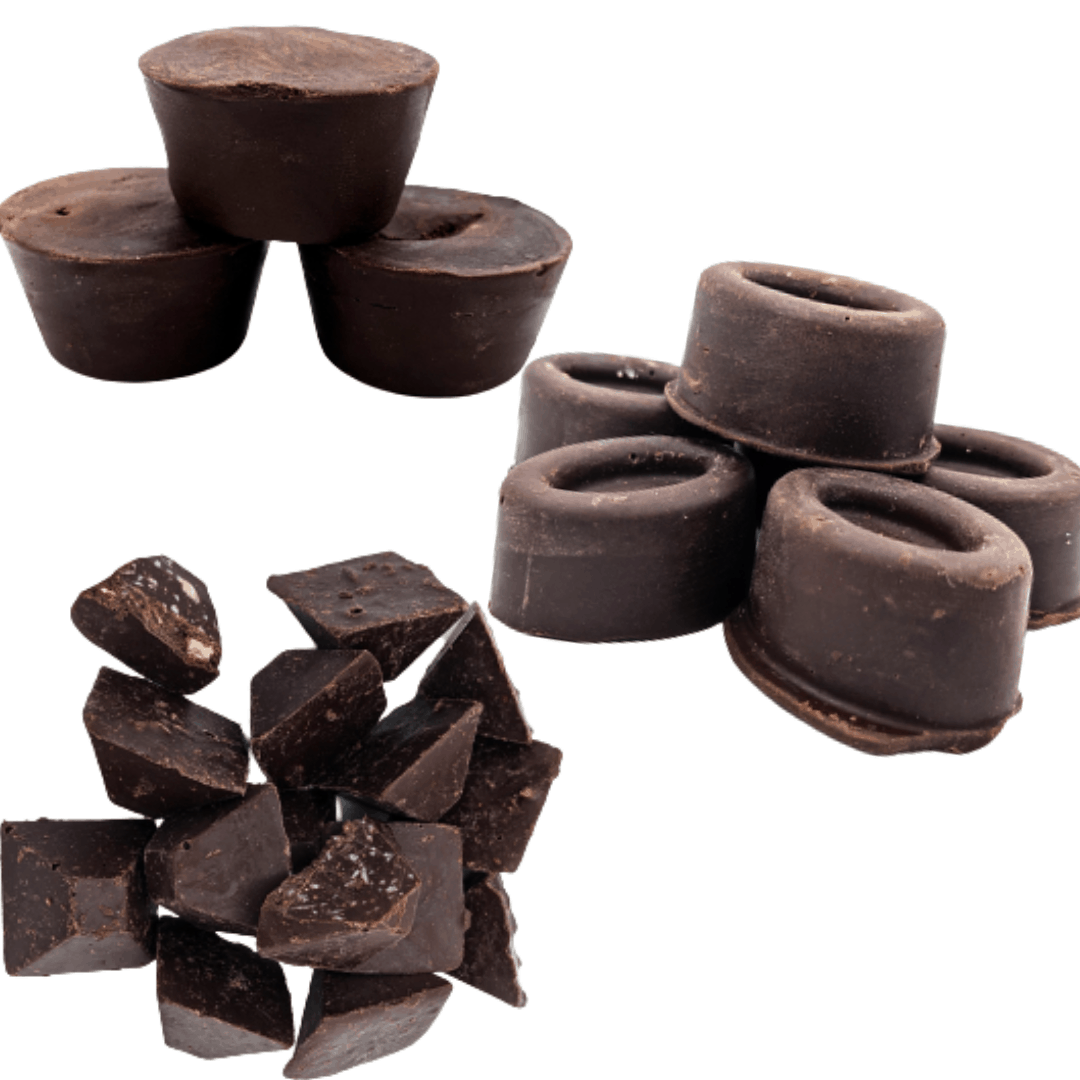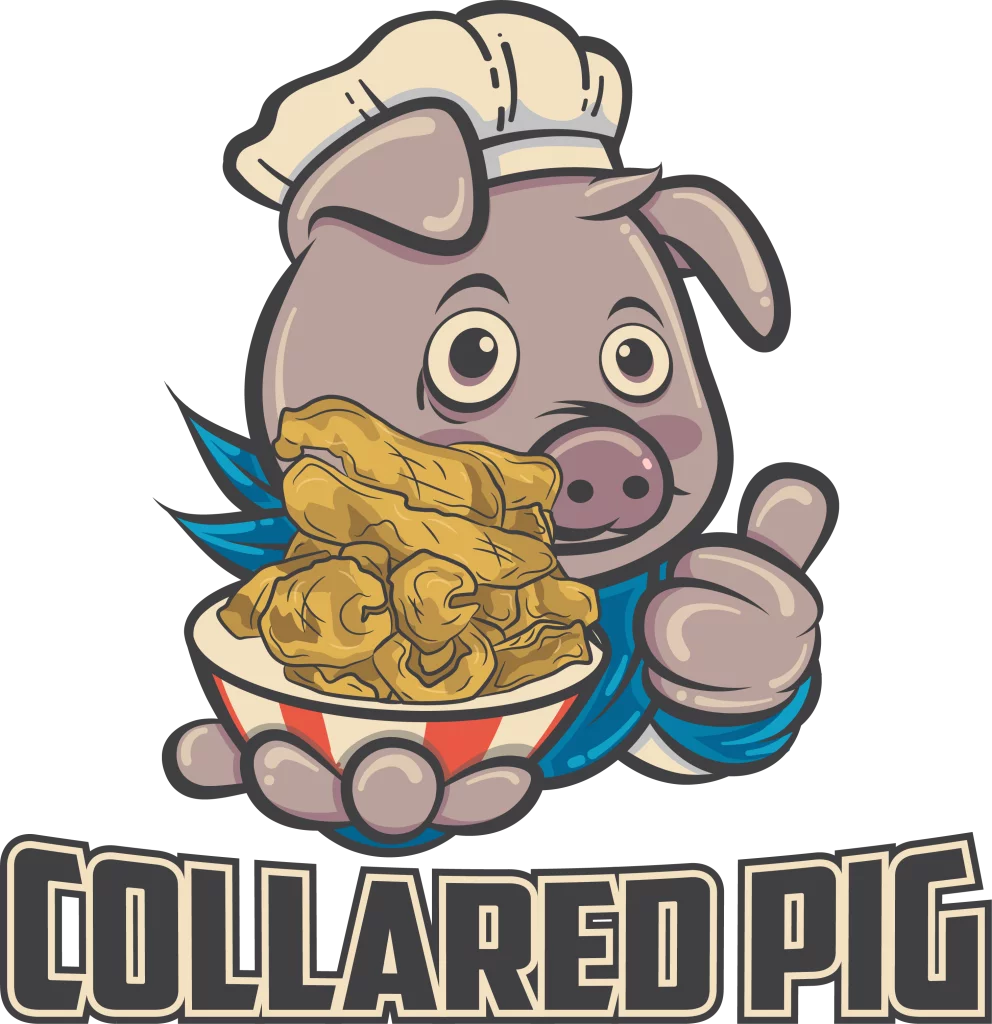

- September 23, 2019
- 3:36 pm
On the keto diet, it’s important to kick sugar to the curb. This means cutting white sugar, of course, but it also means no brown sugar, corn syrup, and even honey! If you have a sweet tooth, keto doesn’t have to be hard on you. Many sweeteners are safe to use without raising your glucose level and preventing your body from entering ketosis. Here’s how they stack up against each other.
What Does Sugar Do To The Body?

Sugar is one of the most addictive additives in our diet, and as such it’s one of the hardest things to give up. This isn’t just because you want that hit of sweetness – your body wants it, too! Many cravings are caused by the wrong type of gut bacteria signalling to your brain that they need that sugar.
One way you can move towards kicking those cravings is by using the right kind of sweetener. You need to use a sweetener that has few to no carbs and won’t be absorbed by the body. Surprisingly, you have a few options from which to choose.
What Makes A Keto-Friendly Sweetener?
Keto dieters need to look for what is known as a nonnutritive sweetener. These are sugar alternatives that contain little to no calories or carbs. There are quite a few options, and each one has its own pros and cons. One of the most famous nonnutritive sweeteners is Stevia. Derived from the Stevia rebaudiana plant, it won’t have an impact on your carb intake, but it’s much sweeter than sugar. This means not as much is needed in baking, but use it wisely: it can throw off your proportions and easily ruin your food.
Because of how they pass through your system, some of these artificial sweeteners create digestive problems. Popular alternatives like sucralose can negatively affect the gut microbiome. One gastrointestinal-friendly option is erythritol, and it won’t impact your carb load!
Can I Use Name Brands?
 Many people sucralose-based sugar alternatives, but just because they aren’t sugar doesn’t mean they don’t have carbs. Because of how sweet it is, most sweeteners derived from sucralose include carby fillers like dextrose or maltodextrin. These are simple sugars that create the carbs you’ll see on the nutritional information of a packet of Splenda. Even alternatives that don’t use sucralose, like xylitol and maltitol, create blood glucose and insulin responses in the body. Though this response is much lower than what would be created by sugar, in improper amounts it can throw off your journey to ketosis.
Many people sucralose-based sugar alternatives, but just because they aren’t sugar doesn’t mean they don’t have carbs. Because of how sweet it is, most sweeteners derived from sucralose include carby fillers like dextrose or maltodextrin. These are simple sugars that create the carbs you’ll see on the nutritional information of a packet of Splenda. Even alternatives that don’t use sucralose, like xylitol and maltitol, create blood glucose and insulin responses in the body. Though this response is much lower than what would be created by sugar, in improper amounts it can throw off your journey to ketosis.
While Splenda and other alternatives derived from sucralose can be used in place of the sugar you’d sprinkle on foods like oatmeal, they are not a good substitute in recipes. It’s still much better than sugar, but they still have to be consumed in small amounts. There is a superior alternative that can be just as sweet but won’t have an impact on ketosis: Swerve.
Our Favourite Sweetener? Swerve

Our favourite alternative to sugar is Swerve, and it’s what we use in all our products. The sweetness of it comes from erythritol, a starch that is up to 80% as sweet as sugar. The starch is derived from wheat that is fermented, dried, and purified into little crystals. Erythritol has been shown to keep blood sugar levels stable, making it a favourite for those who have to watch their blood sugar levels. It also won’t cause digestive issues associated with other artificial sweeteners.
This means that Swerve can have some side benefits for your gut, too! The other main ingredient in Swerve is oligosaccharide. Oligosaccharides are a root vegetable and fruit-carb that cannot be digested and turned into glucose. They pass through your system to the digestive tract, becoming an effective “prebiotic,” food for the beneficial bacteria that live in your gut. This can help you kick the sugar craving!
Recent Posts


Sugar Free Sweet Treats

Low-Carb Products

Keto Food



